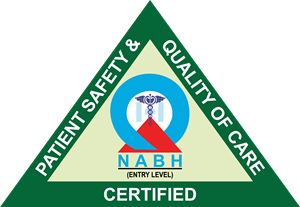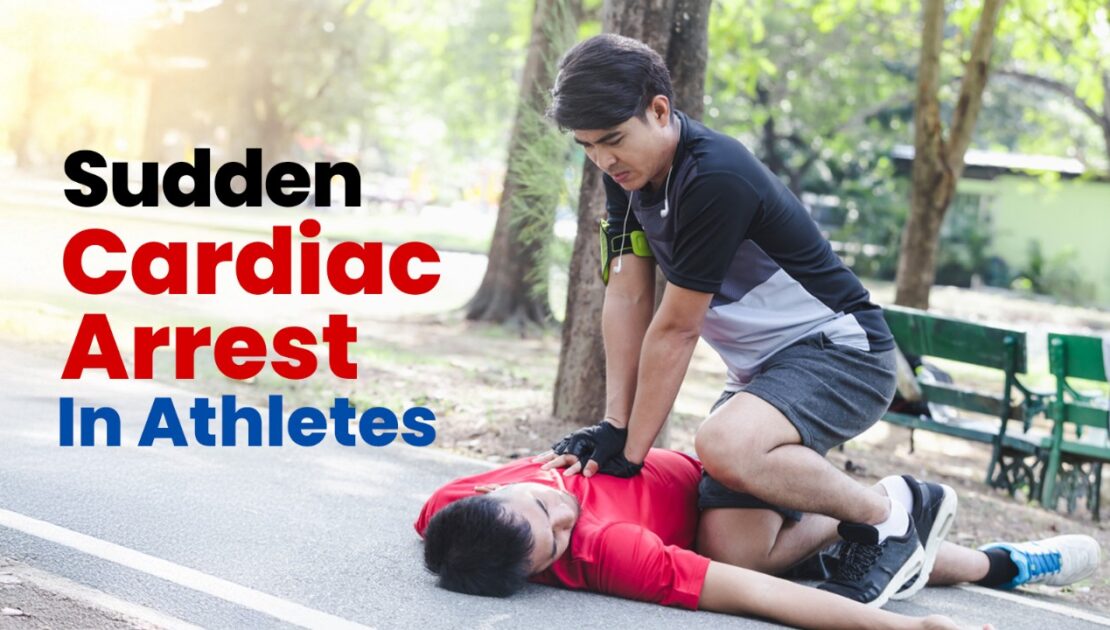What is Sudden Cardiac Arrest?
Sudden cardiac arrest occurs when the heart suddenly stops beating effectively due to an electrical disturbance. Blood flow to the brain and other organs ceases, leading to loss of consciousness and death within minutes if not treated immediately. Unlike a heart attack caused by blocked arteries, SCA is primarily an electrical problem. This distinction is important because sudden death in athletes often happens even in the absence of traditional risk factors for heart attacks.
Are There Warning Signs for Sudden Cardiac Arrest Before It Happens?
Warning signs can sometimes precede sudden cardiac arrest, although they’re often overlooked or attributed to intense physical exertion. Athletes might feel chest pain, dizziness, fainting, palpitations, or shortness of breath during or after exercise. These warning signs of cardiac arrest in athletes should never be ignored, as they could signal underlying heart conditions that increase the risk of sudden death.
When Can Sudden Cardiac Death Happen to People?
Sudden cardiac death can occur anytime but is most common during or shortly after intense physical activity. For athletes, this means during training sessions, competitive matches, or vigorous workouts. The incidence of sudden cardiac death in athletes is estimated at about 1 in 50,000 to 1 in 80,000 athletes per year, a small but deeply impactful number. Tragically, SCD often affects young athletes under 35 years old, making these events especially shocking.
What Causes Sudden Cardiac Arrest in People?
There are several underlying conditions that can cause SCA, particularly in athletes:
- Hypertrophic Cardiomyopathy (HCM): The most common cause of sudden death in athletes, HCM is an inherited disease that causes thickening of the heart muscle, leading to abnormal heart rhythms.
- Arrhythmogenic Right Ventricular Cardiomyopathy (ARVC): A genetic disorder where heart muscle is replaced by fatty tissue, increasing arrhythmia risk.
- Congenital coronary artery anomalies: Abnormal heart arteries can reduce blood flow during exercise.
- Commotio Cordis: Sudden blunt trauma to the chest causing a fatal arrhythmia, more common in sports like baseball or hockey.
- Myocarditis: Inflammation of the heart muscle, usually due to viral infections.
Each of these conditions can remain silent until triggered by intense physical exertion, which is why sudden cardiac death in sports is so devastating.
Are There Ways to Help Prevent Sudden Cardiac Death?
Yes, several strategies can significantly reduce risk. Early and thorough pre-participation screenings are essential. A detailed family history, physical exam, and targeted tests like ECGs or echocardiograms can identify most at-risk athletes. Awareness and education about how to prevent sudden cardiac arrest in athletes are also crucial, empowering athletes, families, and coaches to act quickly when warning signs appear. Finally, having Automated External Defibrillators (AEDs) on-site and ensuring staff are trained in CPR can dramatically improve survival rates during a cardiac emergency.
Risk Factors for Sudden Cardiac Death That Should Prompt Additional Testing
Certain signs and histories should always prompt a more detailed cardiac evaluation, including:
- Family history of sudden cardiac death
- Fainting or seizures during or after exercise
- Unexplained chest pain
- Known heart murmur or congenital heart disease
- Palpitations with exercise
These risk factors for sudden cardiac death in athletes warrant referral to a cardiologist for advanced testing.
Should All Age People Be Screened for Sudden Cardiac Arrest Risk?
While there’s ongoing debate about universal screening, targeted screening for high-risk individuals, especially athletes under 35 and older adults resuming intense exercise, is widely recommended. Comprehensive screening programs have proven effective in countries like Italy, where mandatory athlete screening reduced sudden cardiac deaths by nearly 90%. Screening isn’t just for young professionals; anyone with significant risk factors or family history should consult a heart specialist in Thane to ensure safe participation in sports.
What’s the Outlook on Sudden Cardiac Arrest Statistics?
Despite the low absolute numbers, each case of sudden cardiac death devastates families, teams, and communities. Survival depends heavily on immediate action: when CPR and AEDs are used within minutes, survival rates can exceed 50%. Without intervention, survival is rare. Raising awareness of cardiac arrest in young athletes and the importance of emergency preparedness is key.
At Jinkushal Hospital, under the leadership of Dr. Mayur Jain, we offer comprehensive cardiac evaluations for athletes and individuals with concerns about heart health. Our facility is recognized as one of the best hospitals in Thane for advanced heart care and critical interventions. With state-of-the-art equipment and experienced specialists, we also provide the best ICU care hospital in Thane, ensuring immediate and expert treatment in cardiac emergencies.
Remember: early detection, awareness, and preparedness save lives. Whether you’re an athlete, a parent, or a coach, don’t ignore warning signs. Schedule a cardiac check-up today at Jinkushal Hospital to protect yourself or your loved ones from sudden cardiac arrest.


